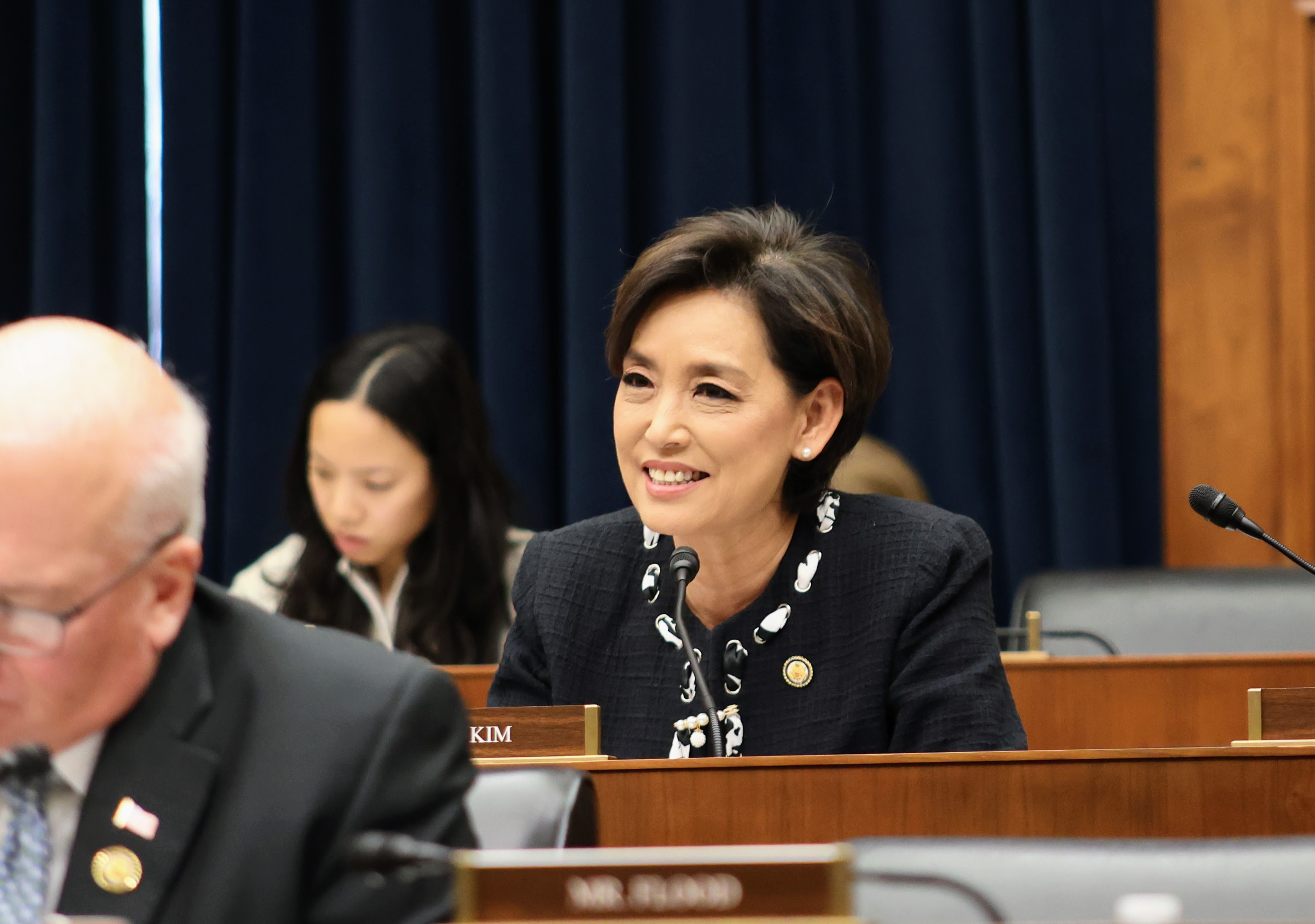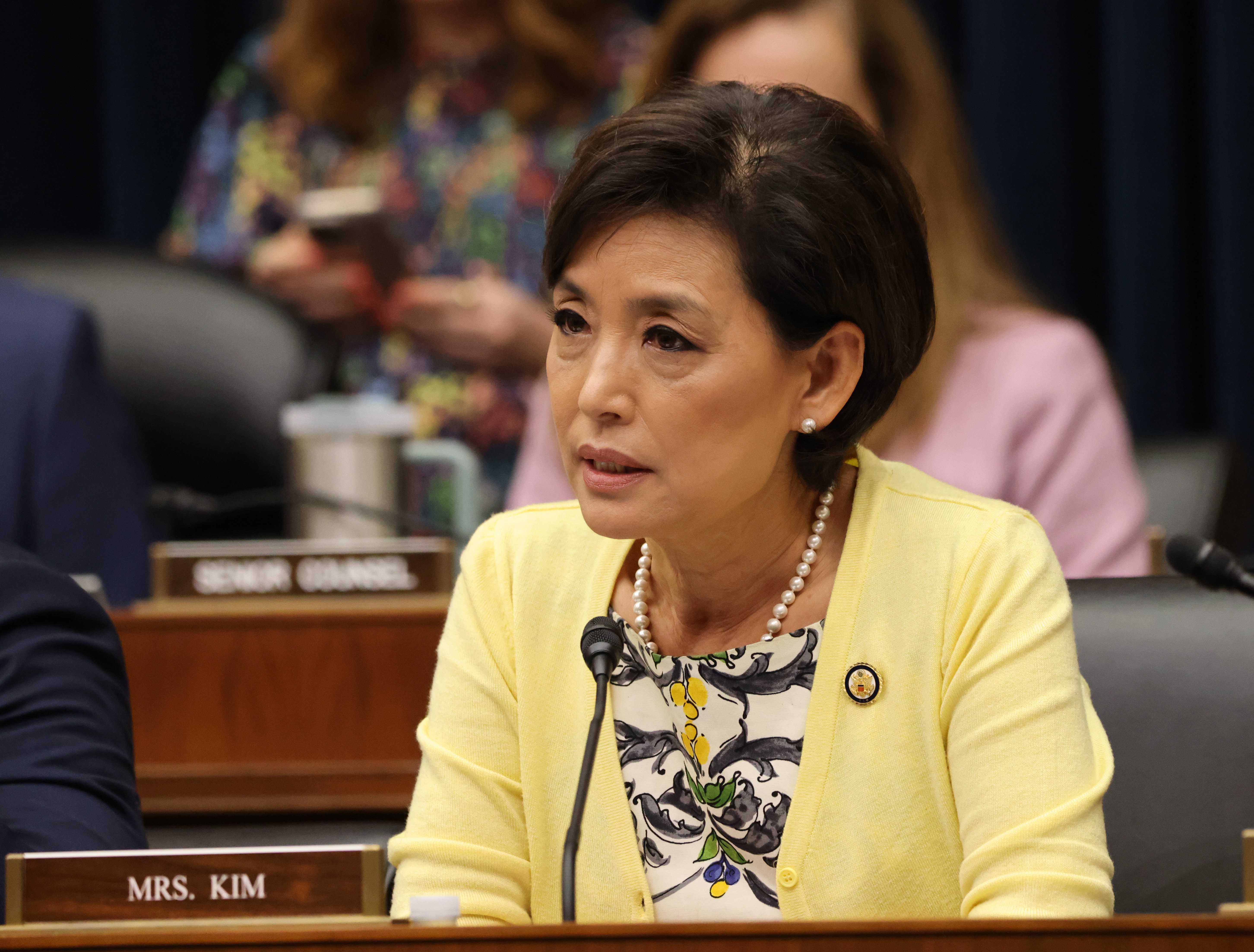The U.S. Congress once again failed to pass a bipartisan bill to reauthorize the North Korean Human Rights Act, or NKHRA, painting a bleak picture for the future of the measure originally adopted by Congress and signed by President George W. Bush in 2004 to ensure the U.S. continues to promote basic freedoms of speech, press and religion in North Korea.
Last Friday, the Congress ended its 118th session at midnight without the Senate approving the extension of the NKHRA, which expired at the end of September 2022.
The bill to extend the NKHRA was not even brought to the floor at the Senate this year, as the lawmakers were more focused on other issues, including averting a government shutdown.
The bill called for measures such as reuniting Korean Americans with their families in North Korea, appointing a special envoy for North Korean human rights issues and supporting U.S. broadcasting efforts in North Korea.
The 119th U.S. Congress starts next year, and the NKHRA reauthorization bill will have to be reintroduced at the new session and again go through a process of discussion, deliberation, changes and eventually voting.
Lawmakers vow to try again
It marks the first time since the NKHRA, became law that the reenactment bill has been dead for more than two years. Congress reapproved the measure three times, in 2008, 2012 and 2018.
Lawmakers vowed to work toward the reenactment of the NKHRA during the next congressional session.
Representative Young Kim, who chairs the House Foreign Affairs Subcommittee on the Indo-Pacific, said she was “extremely disappointed that the Senate failed to take up the North Korean Human Rights Reauthorization Act.” The House passed the bill last month.
“Kim Jong Un subjects his own people to gross human rights abuses as he grows his nuclear arsenal, and the Senate is turning a blind eye to North Korean aggression by failing to pass this bill,” Kim said in an emailed statement to VOA Korean on Monday.
“This remains a top priority of mine,” she stressed. “I will keep fighting to get this across the finish line to counter North Korea and promote U.S. leadership and values around the world.”
The office of Representative Ami Bera, ranking member of the House Foreign Affairs Subcommittee on the Indo-Pacific, said in an emailed statement to VOA Korean that Bera “looks forward to working with his Senate colleagues to pass this bipartisan legislation in the 119th Congress.”
Kim and Bera led the bill in the House, while senators Marco Rubio and Tim Kaine introduced the Senate version of the bill.
VOA Korean reached out to Rubio’s and Kaine’s offices for comments but did not receive a reply.
VOA Korean also sought comment from the Permanent Mission of North Korea to the United Nations, but did not receive a response.
Competing priorities
Human rights experts in Washington said getting the NKHRA passed in Congress is challenging because North Korean human rights must compete with other seemingly more urgent issues.
“It’s very hard to — when you’re competing with Gaza and Ukraine — to get people to focus on what’s going on,” said Robert King, who served as special envoy for North Korea human rights issues at the U.S. State Department from November 2009 to January 2017.
“The effort continues, and people are still concerned, and people still reflect the views that North Korea needs to make progress on human rights, but there’s a lot of competition. There are a lot of other issues and concerns that are also important,” King told VOA Korean on Tuesday by phone, adding that he doesn’t see any skepticism among U.S. lawmakers about the effectiveness of the NKHRA.
Greg Scarlatoiu, president of the Washington-based Committee for Human Rights in North Korea, told VOA Korean in a Zoom interview Tuesday that the two-year absence of the NKHRA is “a matter of prioritizing other crises.”
Scarlatoiu emphasized that North Korean leader Kim Jong Un’s monolithic power and pursuit of nuclear weapons have come at the cost of North Korean people’s human rights.
“By means of oppressing and exploiting its own people at home and abroad, there is a clear nexus between human rights violations and the security challenges that North Korea poses to the world,” he said.
Scarlatoiu also pointed out that the recent deployment of North Korean soldiers in Russia is clear evidence of the Kim regime’s violation of human rights.
“Now, as unbelievable as that might have sounded two years ago, it poses a security threat to Europe, so this is a very, very urgent issue for the Congress,” he said.
South Korea’s Joint Chiefs of Staff said Monday there are indications that North Korea is preparing to send more troops and weapons to support Russia’s war effort in Ukraine. North Korea so far has sent about 12,000 troops to Russia, according to South Korea, the United States and Ukraine.
North Korean defectors say Pyongyang has likely kept the deployment of that nation’s soldiers secret from its own people, including the soldiers’ families.
A State Department spokesperson declined to comment in response to VOA Korean’s inquiry about Congress’ failure to pass the bill.
“As a general matter, we do not comment on pending legislation,” the spokesperson said in an emailed statement.
The State Department maintains, however, that North Korea is one of the most repressive regimes in the world.
“The DPRK [North Korea] is among the most repressive authoritarian states in the world. Its human rights situation is deplorable,” a State Department spokesperson said in an emailed statement to VOA Korean on October 15, after North Korea criticized the U.S. in its annual Universal Periodic Review, a process through which each United Nations member state undergoes a peer review of its human rights records.




